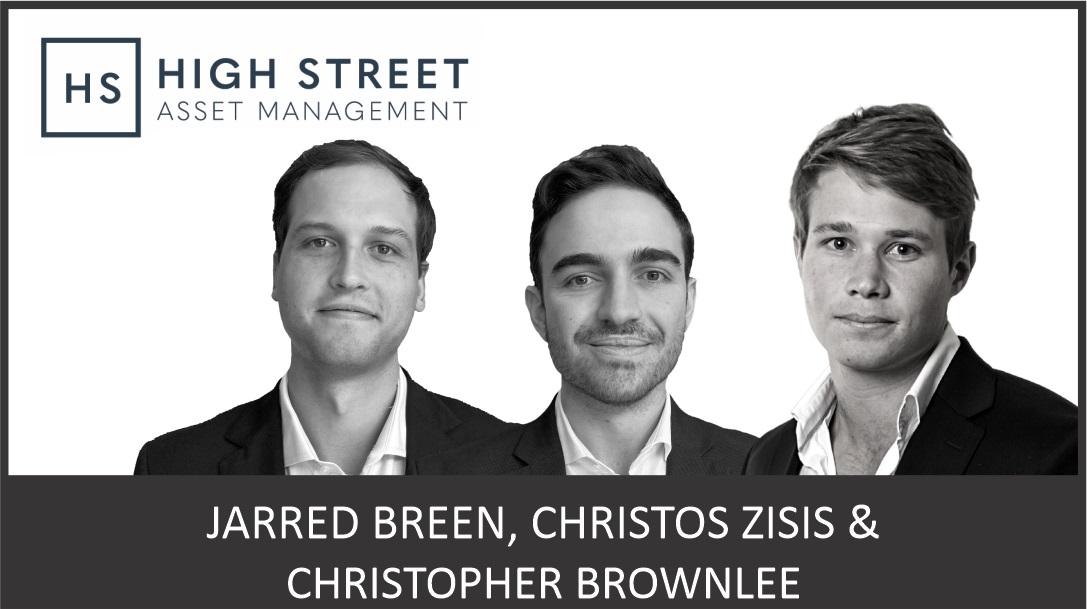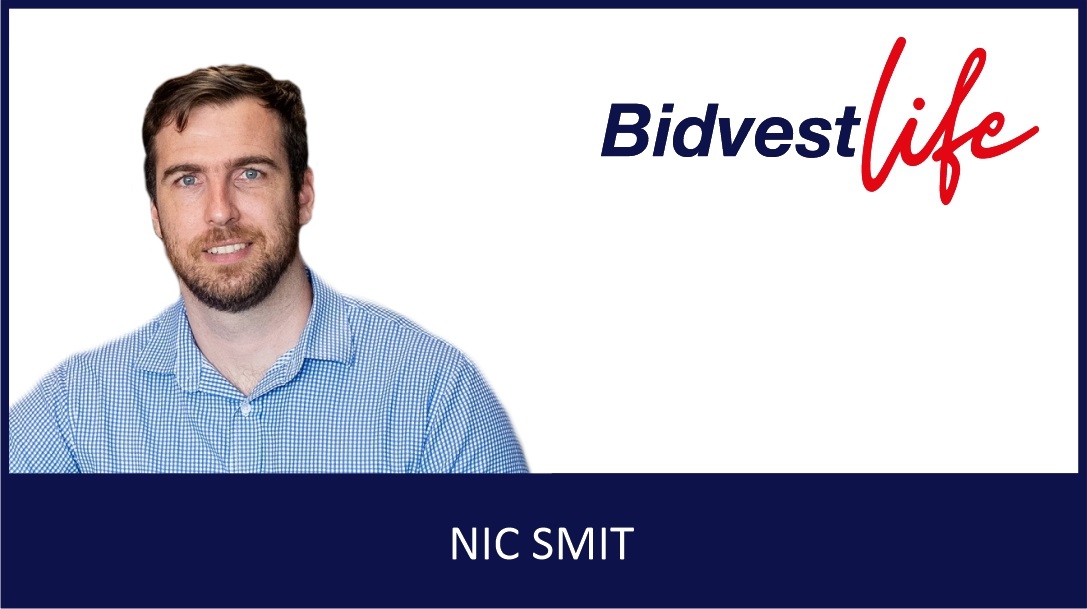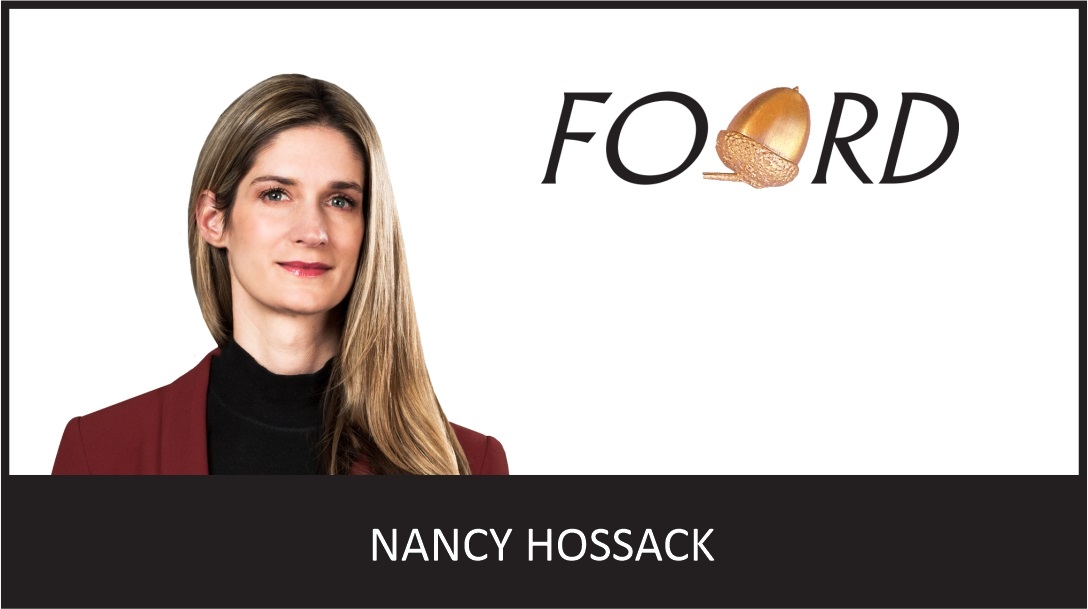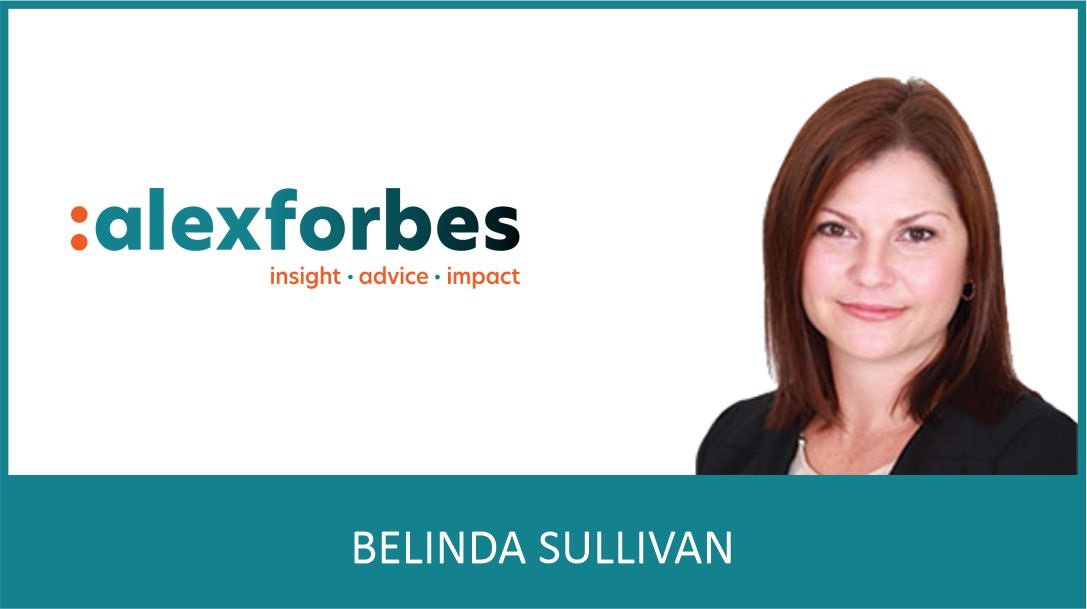Jarred Breen, Research Analyst, Christos Zisis, Research Analyst, and Christopher Brownlee, Head of Research, at High Street Asset Management
The Good: Buffett’s Bargain
Few figures in the investment world command as much respect as Warren Buffett. When the Oracle of Omaha takes a stake in a company much of Wall Street has been shunning, investors naturally pause and reassess. That’s exactly what happened with UnitedHealth (UNH). On August 16th, shares surged after Berkshire Hathaway disclosed a $1.57 billion position, making it the conglomerate’s 18th-largest holding. The move echoes Buffett’s longstanding philosophy: “It’s far better to buy a wonderful company at a fair price than a fair company at a wonderful price.” In this case, however, the market may have offered him something even rarer, a wonderful company at a wonderful price.
The selloff that created this opportunity was driven by a perfect storm of setbacks between December 2024 and August 2025. Pricing pressures were already building in late 2024, and the new year brought heightened regulatory scrutiny alongside the tragic murder of a former executive. In April, UnitedHealth cut its full-year guidance, and by May it suspended guidance entirely as Andrew Witty stepped down and former CEO Stephen Hemsley returned. Surging medical costs pushed the medical care ratio to 89%, intensifying investor concerns over profitability and stability. These shocks drove sentiment to new lows, with shares briefly collapsing below $250, down from nearly $600 in December. While near-term challenges remain, the underlying fundamentals appear more resilient than the headlines suggest. Many of the pressures are cyclical rather than structural, driven by temporary mismatches in utilisation and pricing that have surfaced in managed care before, rather than reflecting a fundamental breakdown of the business.
UNH is far more than a health insurance company, with roughly 50% of its operating earnings coming from its health services business, Optum. Despite challenges in the insurance division, Optum continues to deliver, generating over $16 billion in operating earnings last year. Optum’s scale across pharmacy benefits, care delivery, and health analytics, combined with UnitedHealthcare’s insurance operations, forms a diversified platform with a competitive moat that is extremely difficult to replicate. Looking ahead, the 2026 Medicare Advantage repricing cycle could serve as an important catalyst, with pricing expected to reset and potentially restore margins by around 4.5%.
At High Street, we have been long-term shareholders and stand alongside Buffett and other disciplined investors who view this as a temporary market mispricing that presents a compelling long-term opportunity. With Optum’s durable franchise, upcoming industry repricing, and much of the downside already reflected in the stock, we remain confident in UnitedHealth’s ability to compound value over the years ahead.
The Bad: The Political Sphere of (Bad) Influence
A cornerstone of the modern free market is the independence of a country’s central bank from its government. Fiscal policies implemented by the government are often supported with monetary policies from the central bank, which can either assist these initiatives or act as a counterbalance, helping to prevent macroeconomic problems such as politically induced hyperinflation.
In the United States, President Donald Trump has exerted intense pressure on Federal Reserve (Fed) Chairman Jerome Powell to reduce interest rates. Trump has publicly referred to Powell as a “moron” for not lowering rates and has called him a “loser,” blaming him for the country’s economic challenges. These criticisms stand in stark contrast to Trump’s statements when he first nominated Powell, describing him as a “wise steward of the economy” and a “man of great experience, talent, and integrity.”
Most recently, Trump ordered the removal of Fed Governor Lisa Cook, alleging her involvement in mortgage fraud. This marks the first time in the central bank’s 111-year history that a US president has dismissed a sitting governor. Cook maintains that Trump lacks the legal authority to remove her, but the ongoing attacks on the Fed raises concerns about its independence.
A recent example of how markets react to perceived threats to central bank independence is Turkey. In 2021, the country’s president dismissed the central bank’s governor after he raised interest rates to combat inflation. Following this, the Turkish lira plunged 15%, and inflation accelerated sharply. By late 2022, inflation had surged to over 80%, providing a stark illustration of the consequences when markets perceive a central bank as subject to political influence.
At High Street, we believe that free markets are essential in a shareholder-friendly environment and are a core part of our philosophy. We do not expect the US to experience the same outcome as Turkey. At this stage, we believe Trump’s order will likely be blocked on constitutional grounds, the credibility of the Federal Reserve remains firmly intact, and our outlook on the US is unchanged. We will continue to monitor the situation as things unfold.
& Concentration Nation
US stock market concentration has climbed to its highest level in more than 50 years. According to Bloomberg, the 10 largest US companies now account for over 40% of the S&P 500’s market capitalisation – surpassing even the peak levels of the dotcom bubble in 2000.
While it’s tempting to draw parallels with that period, today’s environment is fundamentally different. Unlike many of the speculative, profitless names of the early 2000s, today’s market leaders are highly profitable, cash-rich, and reinvesting aggressively in future growth. Over the past 12 months, for example, they have contributed 55% of the S&P 500’s total net profit growth – well above their weight in the index.

However, there is a valid argument that no company can remain dominant forever. Of today’s top 10 S&P 500 companies, only Microsoft, Apple, and JP Morgan made that list back in 2010. Big profits attract competition, margins get squeezed, and once-dominant positions may fade. Scale itself becomes a hurdle: the larger a company grows, the harder it is to generate the ever-bigger profits needed to support its valuation. Nvidia, now the world’s largest company, is a case in point. With a market cap approaching $4.5 trillion, over three times the size of the JSE, maintaining earnings growth at such a scale is no small feat.
Perhaps the current batch of companies are fundamentally so superior that they will continue to grow stronger and larger in years to come. Nvidia, for instance, controls roughly 90% of the data centre AI chip market, which has surged alongside the explosive growth of AI. Over the past five years, its earnings have increased more than 24-fold. Remarkably, despite this already elevated base, Nvidia is still expected to nearly triple its profits over the next five years.
This concentration trend is not unique to the US. Bloomberg data shows that the top 10 companies in the UK’s FTSE All-Share Index account for roughly 40% of the index. FactSet data indicates the top 10 firms in Australia’s ASX200 represent about 50% of the market capitalisation, while in South Africa, the top 10 JSE companies also make up more than 50% of the total market.
At High Street, we recognise the risks that come with market concentration, particularly in the US where valuations are elevated. This concentration must also be viewed in the context of the future earnings power of today’s market leaders. While a great deal of AI-driven growth is already priced into the Magnificent 7, creating some downside risk, US mega-cap companies continue to enjoy powerful, often near-monopolistic advantages. They remain at the forefront of structural trends such as AI, cloud computing, and the broader digital transformation of the global economy. Our job is to separate those with real runway for growth from those whose momentum may be running out of tarmac.
ENDS

























































































